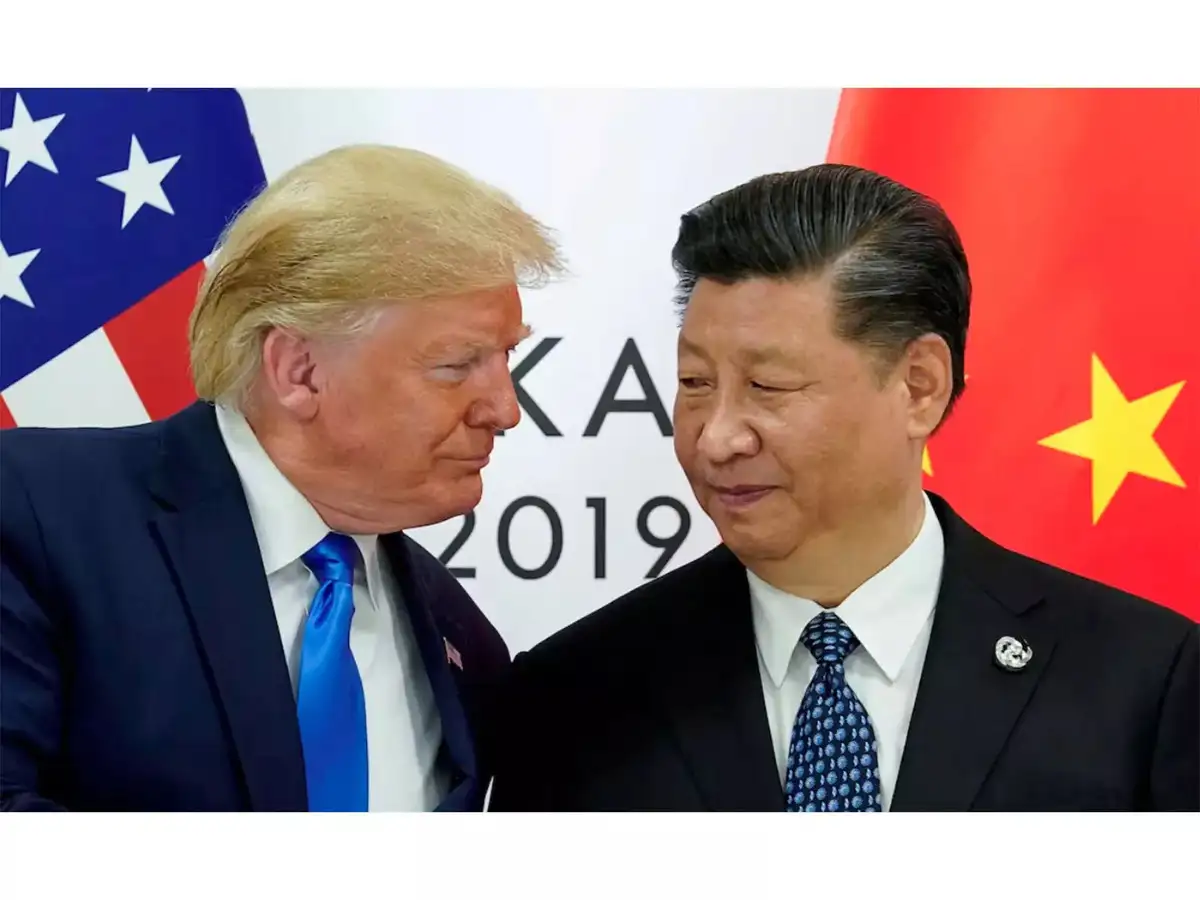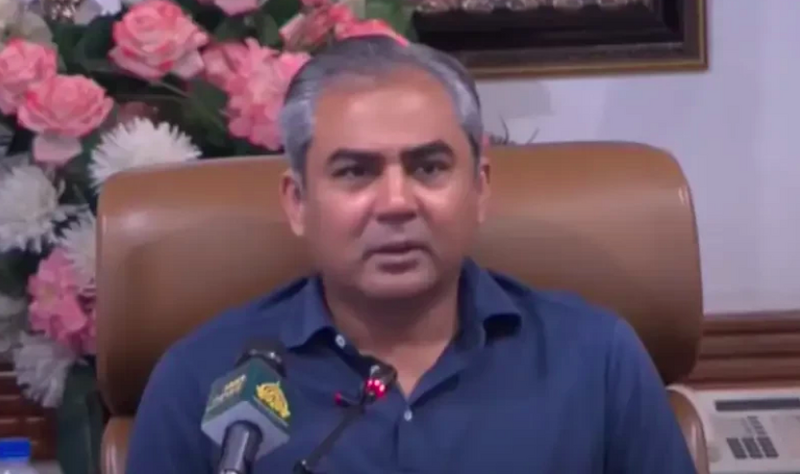Copyright businessday

While the GSMA Mobile Gender Gap Report 2024 offered both good news and a stern warning, the latest GSMA Mobile Gender Gap Report 2025 reveals that progress in closing the mobile internet gender gap has stalled, with women now 14 percent less likely than men to use mobile internet in low- and middle-income countries (LMICs). The global mobile internet gender gap in LMICs narrowed from 19 percent in 2022 to 15 percent in 2023, a welcome sign that more women are coming online. Yet, the report cautions that progress remains fragile, uneven, and far from sufficient, especially in regions like sub-Saharan Africa, where the gap remains a stubborn 32 percent. In simple terms, millions of African women are still offline, cut off from opportunities in today’s digital economy. While women in South Asia saw the most improvement, with the gap falling from 41 percent to 31 percent, sub-Saharan Africa has barely moved the needle since 2017, when it stood at 34 percent. The situation in Nigeria, Africa’s largest digital market, mirrors this trend. Despite remarkable growth in smartphone usage and mobile penetration, gender disparity persists, particularly in rural and low-income communities. According to the National Bureau of Statistics (NBS) and the Nigerian Communications Commission (NCC), as of July 2025, Nigeria had 222 million active mobile lines and 163 million internet subscribers. However, GSMA data suggest that Nigerian women are 30 percent less likely than men to use mobile internet regularly, mainly due to affordability, digital illiteracy, and socio-cultural barriers. The implications of this digital gender divide are profound. Access to the internet is no longer a luxury; it is a lifeline. It connects people to financial services, education, healthcare, markets, and civic participation. When women are excluded, entire families and communities lose. Studies show that closing the gender gap in mobile internet use in LMICs could add up to $700 billion to global GDP over the next decade. For Nigeria, analysts at DataReportal estimate that bridging the gender digital divide could inject over $15 billion yearly into the economy through enhanced productivity, entrepreneurship, and innovation. But the gap is not just economic; it is social. Digital exclusion deepens gender inequality by limiting women’s voices, access to information, and political participation. For instance, only 25 percent of women-owned businesses in Nigeria have an online presence, compared with 45 percent of male-owned enterprises, according to a 2024 report by the International Finance Corporation (IFC). This disparity hinders competitiveness and stifles innovation. Moreover, in the era of artificial intelligence, e-commerce, and remote work, being digitally disconnected means being left behind. For a generation of Nigerian women who are already disproportionately affected by poverty, unemployment, and insecurity, the digital gap risks widening existing inequalities. Read also: How Nigeria, others can turn digital ambition into $3trn reality The GSMA report highlights several overlapping barriers: affordability, literacy, safety concerns, and relevance of content. In Nigeria, where the average monthly income remains below N80,000, the cost of smartphones and data remains prohibitive. The Alliance for Affordable Internet (A4AI) reports that as of early 2025, the average Nigerian spends over 9 percent of their monthly income on 1 GB of mobile data, far above the global target of 2 percent. Cultural norms and digital illiteracy also play major roles. In many rural communities, women’s access to technology is still viewed with suspicion, sometimes considered a distraction or even a threat to traditional roles. A 2024 UN Women Nigeria survey found that 43 percent of women in rural areas lack confidence in using smartphones, compared with 18 percent of men. Even when women do have mobile internet access, they tend to use it less frequently and for fewer purposes, often limited to messaging or basic browsing, while men engage in digital banking, online trading, and e-learning. This limited digital engagement perpetuates the income and knowledge gap. If Nigeria and Africa are to achieve inclusive digital growth, policymakers, telecom operators, and civil society must move beyond lip service to tangible action. First, affordability must be addressed. The Federal Government should expand digital inclusion subsidies under the National Broadband Plan 2020-2025, ensuring that low-income women can access affordable smartphones and data. Partnerships with manufacturers for low-cost device financing, similar to Kenya’s Lipa Mdogo Mdogo model, could help millions of women acquire smartphones. Second, digital literacy programmes must become mainstream. Initiatives like Google’s Digital Skills for Africa, MTN Foundation’s ICT and Business Skills Training, and NITDA’s Digital Nigeria Programme should be scaled up with a gender lens, targeting markets, cooperatives, and rural women’s groups. Local language training materials and community learning hubs can make digital education accessible and relatable. Third, industry players must uphold their commitments. GSMA announced that 22 mobile operators, including MTN, Orange, Airtel, and Vodacom, have renewed their pledges to reduce the gender gap through the Connected Women Commitment Initiative. These operators should go beyond symbolic promises by setting measurable targets, publishing annual gender inclusion reports, and designing products tailored for women, especially in financial inclusion and mobile money. Fourth, policy coordination is crucial. Nigeria’s Ministry of Communications, Innovation and Digital Economy, under Bosun Tijani, must ensure that digital inclusion targets are embedded across all national programmes, from e-governance to fintech regulation. The Central Bank of Nigeria, working with telcos and fintechs, should promote digital financial literacy for women, as financial inclusion is increasingly digitally driven. Finally, security and online safety must be prioritised. Cyberbullying and digital fraud disproportionately affect women, discouraging many from active online engagement. A national campaign to promote safe digital practices, coupled with stronger enforcement of Nigeria’s Cybercrime (Amendment) Act 2024, can help build trust and confidence in digital participation. The narrowing of the mobile internet gender gap from 19 percent to 15 percent is good news, but it should not breed complacency. Progress is not victory. Without deliberate and sustained action, the gains of 2023 could quickly reverse, deepening exclusion in the world’s fastest-growing digital markets.



